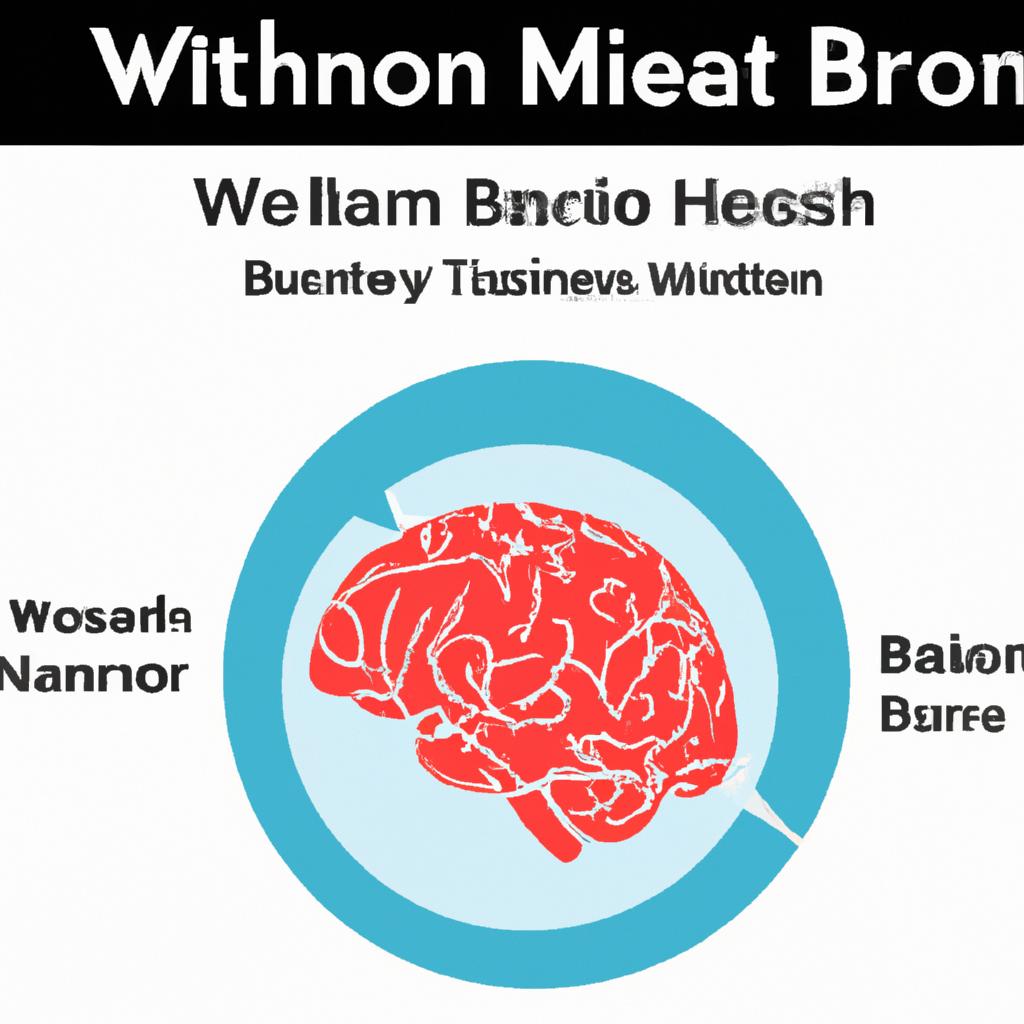In the realm of legal matters surrounding the aftermath of losing a spouse, widows and widowers may find themselves grappling with a phenomenon colloquially known as “widow brain.” This cognitive fog, characterized by forgetfulness, confusion, and difficulty concentrating, can be a significant hindrance to navigating the complexities of estate planning, probate, and other legal issues that arise in the wake of a loved one’s passing. In this article, we will explore various strategies and techniques to help individuals effectively cope with and ultimately eliminate the effects of widow brain, allowing them to confidently tackle the legal matters that lie ahead.
Understanding the Impact of Widow Brain on Mental Health
In our practice at Morgan Legal Group in New York City, we understand the impact that widow brain can have on mental health. It is a phenomenon that often occurs after the loss of a spouse, leading to feelings of confusion, forgetfulness, and difficulty concentrating. These symptoms can significantly affect a person’s well-being and daily functioning.
However, there are steps that individuals can take to mitigate the effects of widow brain and improve their mental health. Some strategies include seeking support from loved ones, engaging in activities that stimulate the mind, and practicing self-care. By being proactive in addressing widow brain, individuals can strive towards better overall mental well-being during this challenging time.

Effective Strategies for Managing Grief and Cognitive Decline
When facing the overwhelming combination of grief and cognitive decline, it’s important to utilize effective strategies to manage these challenging emotions and experiences. One key aspect to consider is to prioritize self-care and seek support from loved ones or mental health professionals. Actively engaging in activities that promote mental and emotional well-being, such as meditation, yoga, or therapy, can help in processing grief and maintaining cognitive function.
Additionally, incorporating regular exercise and maintaining a healthy diet can play a significant role in managing grief and cognitive decline. Physical activity has been shown to improve mood, brain function, and overall well-being. Ensuring proper nutrition, including foods rich in antioxidants and omega-3 fatty acids, can also support cognitive health. Finally, establishing a routine and setting realistic goals can provide structure and a sense of purpose during difficult times.

Practical Tips for Regaining Mental Clarity and Emotional Stability
If you find yourself struggling with “widow brain,” it’s important to take steps to regain mental clarity and emotional stability. Here are some practical tips that can help:
- Practice mindfulness: Engage in activities that help you stay present and focused, such as meditation or deep breathing exercises.
- Establish a routine: Creating a structured daily schedule can help bring a sense of normalcy and stability to your life.
- Seek support: Don’t hesitate to reach out to friends, family, or a therapist for emotional support and guidance.
- Stay active: Physical exercise can help improve your mood and cognitive function.
| Tip | Description |
|---|---|
| Practice mindfulness | Engage in activities that help you stay present and focused, such as meditation or deep breathing exercises. |
| Seek support | Don’t hesitate to reach out to friends, family, or a therapist for emotional support and guidance. |

Support Systems and Resources for Widows Coping with Cognitive Challenges
If you are a widow experiencing cognitive challenges, it is important to seek out support systems and resources to help you navigate this difficult time. One way to tackle “widow brain” is by leaning on your community for assistance. Whether it’s friends, family, or support groups, having a strong network of people who understand your situation can provide valuable emotional support and guidance.
Additionally, enlisting the help of professionals such as psychologists, therapists, or counselors can offer you the tools you need to cope with cognitive challenges. These experts can provide therapeutic techniques, coping strategies, and mental exercises to improve your cognitive functioning and overall well-being. Remember, seeking help is not a sign of weakness, but a proactive step towards healing and moving forward.
Q&A
Q: What is “widow brain” and how does it affect individuals?
A: ”Widow brain” refers to the cognitive challenges and mental fog experienced by individuals who have recently lost a spouse. It can manifest as forgetfulness, inability to concentrate, and emotional distress.
Q: What are some common symptoms of widow brain?
A: Common symptoms of widow brain include difficulty making decisions, feeling overwhelmed, memory lapses, and trouble focusing on tasks.
Q: What are some strategies for coping with widow brain?
A: Strategies for coping with widow brain include seeking support from friends and family, engaging in activities that promote relaxation and mindfulness, and seeking professional help if needed.
Q: How can physical exercise help alleviate symptoms of widow brain?
A: Physical exercise can help alleviate symptoms of widow brain by releasing endorphins, reducing stress and anxiety, and improving overall cognitive function.
Q: Are there any dietary changes that can help improve cognitive function for individuals experiencing widow brain?
A: Consuming a balanced diet rich in fruits, vegetables, whole grains, and omega-3 fatty acids can help improve cognitive function and support overall brain health for individuals experiencing widow brain.
Q: What role does social interaction play in managing widow brain?
A: Social interaction plays a crucial role in managing widow brain by providing emotional support, cognitive stimulation, and opportunities for engagement and connection with others.
Q: How long does widow brain typically last, and when should individuals seek professional help?
A: The duration of widow brain varies for each individual, but seeking professional help is recommended if symptoms persist and significantly impact daily functioning for an extended period of time.
Future Outlook
In conclusion, dealing with the effects of widow brain can be a challenging and overwhelming experience. By implementing some of the strategies mentioned in this article, such as practicing self-care, seeking therapy, and finding support from loved ones, you can begin to navigate through this difficult journey and eventually find healing and transformation. Remember, it’s okay to take your time and be gentle with yourself as you work towards overcoming widow brain. You are not alone in this process, and with time and effort, you can reclaim your mental clarity and inner strength. Stay strong, be kind to yourself, and trust in the healing power of resilience and perseverance. The journey to healing may not be easy, but it is definitely possible. Good luck on your path to recovery.






